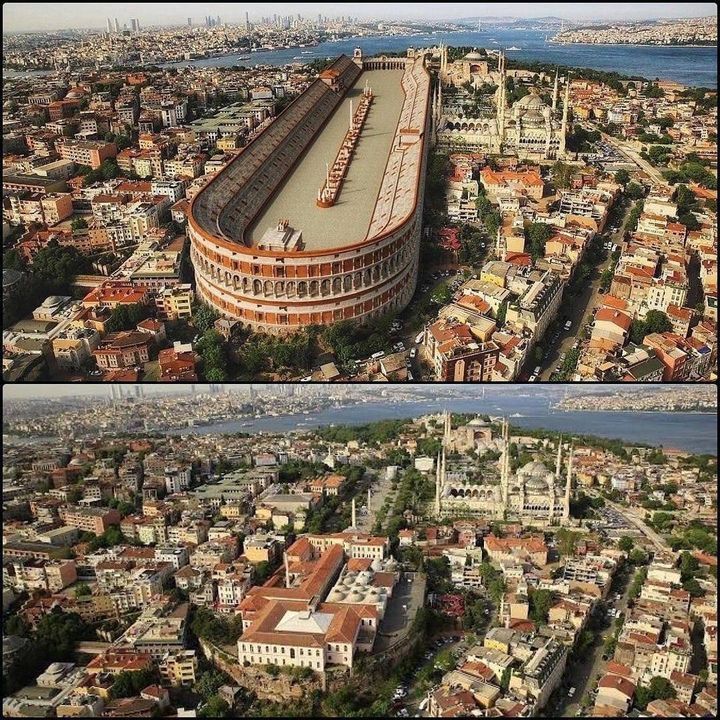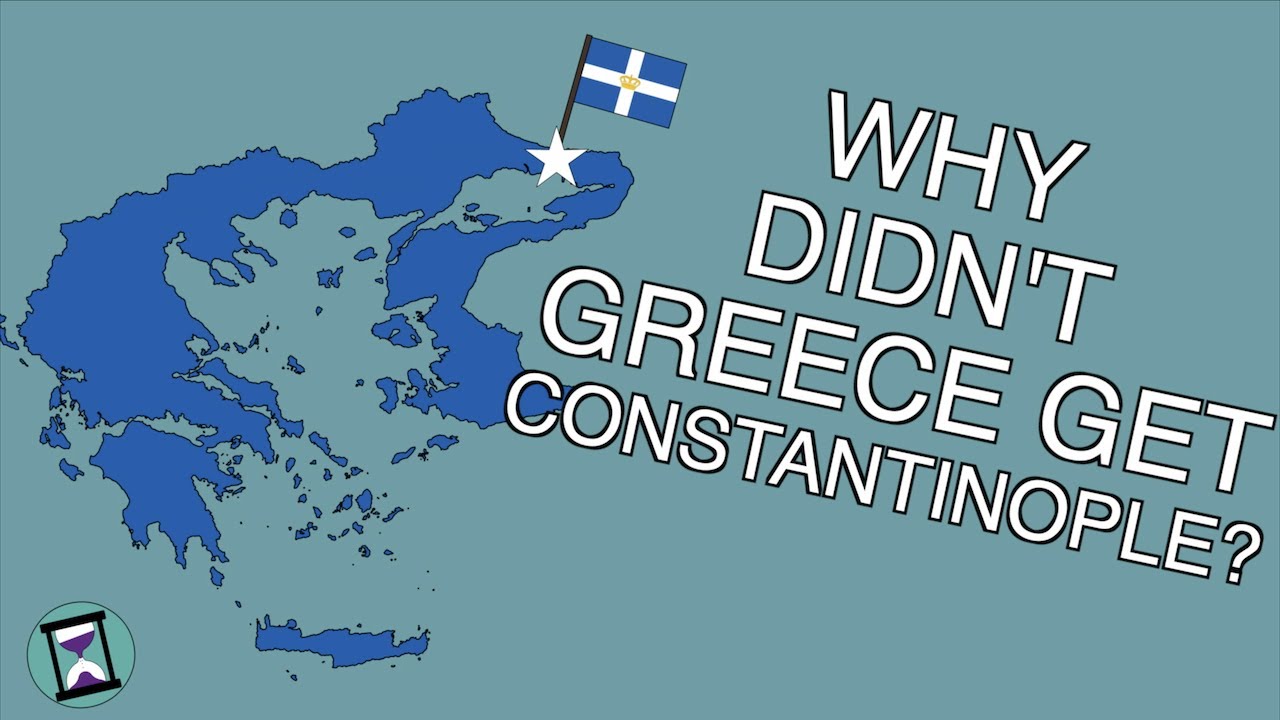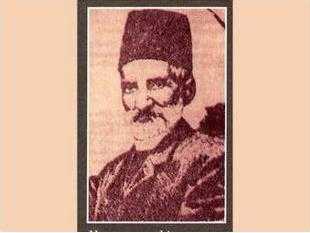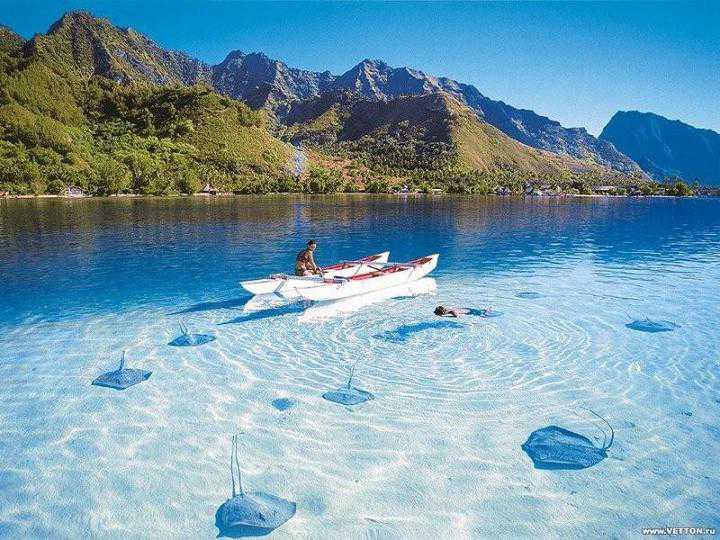By Patricia VollmerEmail Author
January 17, 2013 |
9:30 am |
Istanbul, not Constantinople. How and why does our world’s geography keep us on our toes? Image: Flickr user Library_of_Congress.
This past week I did some Air Force Reserve duty. As a weather officer, one of the things I do is prepare an assortment of weather “briefings” for an assortment of military decisionmakers. We look around the world and highlight the global “big ticket” weather features. We also point out other earth-science items of interest, from solar flares to earthquakes to volcano eruptions. For example, if there’s a tropical storm heading towards the Korean peninsula, we would bring that to the military decisionmakers’ attention, since we have a military interest there.
Since I only perform my duties for one week out of every two-to-three months, I have to keep aware of changes in our procedures and schedules for our weather briefings. A more subtle change I saw last week was someone mentioning the “Arabian Gulf” on a piece of correspondence.
What a second…I’ve heard of the Arabian Sea…and the Persian Gulf. But you keep using that word…Arabian Gulf. I don’t think it means what you think it means.
Or does it?
Some quick Googling led me to an article from late 2010 about the U.S. Navy quietly encouraging the term “Arabian Gulf” as opposed to “Persian Gulf” in the online U.S. Navy Style Guide. According to the article, the Iranians weren’t happy about the change in Navy nomenclature. Under the term “Arabian Gulf” in the guide, it reads, “Arabian Gulf – use instead of Persian Gulf” and under “Persian Gulf” it says, “Persian Gulf – use Arabian Gulf. ‘Gulf’ is acceptable in second reference. Note: The Arabian Sea is its own body of water and should not be confused with references to the Arabian Gulf.” In the article, you can learn quite a bit about the history of the name of that body of water that separates Iran from the Arabian peninsula.
GeekMom Jules and I had a conversation after the big earthquake that struck British Columbia during the last time I was performing my AF Reserve work. I was talking about it on Facebook and Twitter after work on the day it happened, and I had refered to the location as “the Queen Charlotte Islands”, since that’s how I had read about it through the US Geological Survey reporting. Jules explained to me that the name had been restored to its native Haida Gwaii in 2010.
This got me thinking about other culturally sensitive geographic naming conventions that exist in our ever-shrinking global perspectives. It happens all the time, sometimes Americans are taught one name, but Europeans might be taught another.
Here are but a few examples of naming conventions that have changed throughout history, or have differing names based on our backgrounds. Some of the changes are internal and peaceful, many are related to external power struggles. Some of the changes are simply a matter of restoring traditional names, some are related to winning a contest for a game show. I’m not going to delve into the history of each naming convention, but I’ve offered links that you can click to explore more.
St. Petersburg to Petrograd to Leningrad back to St. Petersburg
Ceylon to Sri Lanka
Siam to Thailand to Siam to Thailand
Burma or Myanmar?
Constantinople to Istanbul
Peking to Beijing (and other Chinese geographic names…was that really a change? read the link to learn more)
Bombay to Mumbai (similar to China’s changes)
Yugoslavia to Slovenia, Bosnia and Herzegovina, Croatia, Serbia, Macedonia and Montenegro
Rhodesia to Zimbabwe (or was it really ever Rhodesia?)
U.S. Civil War battle names such as Antietam vs. Sharpsburg or Manassas vs. Bull Run
Denali vs. Mount McKinley
The creation of the Canadian Territory of Nunavut in 1999
Hot Springs, New Mexico to Truth or Consequences, New Mexico
The moral of the story? Keep on your toes with your geography! Things are always changing.
Can you think of any others? I’m sure I’ve missed many; my world view is very limited!
via Istanbul or Constantinople? Thinking About Names in Geography | GeekMom | Wired.com.






